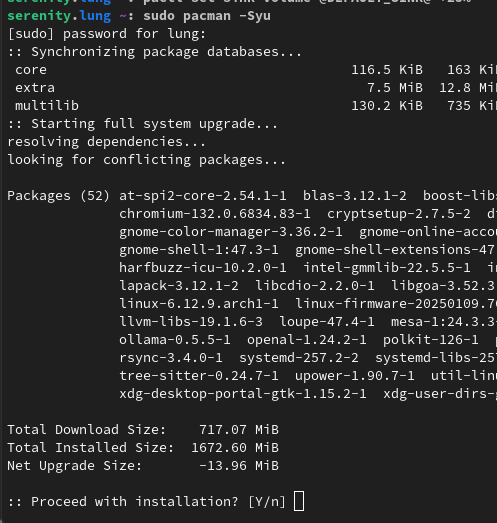Linux
Welcome to c/linux!
Welcome to our thriving Linux community! Whether you're a seasoned Linux enthusiast or just starting your journey, we're excited to have you here. Explore, learn, and collaborate with like-minded individuals who share a passion for open-source software and the endless possibilities it offers. Together, let's dive into the world of Linux and embrace the power of freedom, customization, and innovation. Enjoy your stay and feel free to join the vibrant discussions that await you!
Rules:
-
Stay on topic: Posts and discussions should be related to Linux, open source software, and related technologies.
-
Be respectful: Treat fellow community members with respect and courtesy.
-
Quality over quantity: Share informative and thought-provoking content.
-
No spam or self-promotion: Avoid excessive self-promotion or spamming.
-
No NSFW adult content
-
Follow general lemmy guidelines.
view the rest of the comments

I don't know if that's what they did for the PowerPC -> Intel switch, but now with the Intel -> ARM switch, Xcode compiler tools spit out dual arch binaries, so you can run the same binary natively on x86 or ARM. Things that aren't compiled that way yet and only have x86 binaries, will be run using Rosetta 2.
Doesn't matter much to the end user though. It's all just pretty seamless if you're on an ARM Mac and idk if there's much or any problems on x86 Macs yet regarding binary compatibility. I actually doubt there is.
It was exactly the same.
Its why the Intel -> Arm is called Rosetta 2 and not Rosetta.